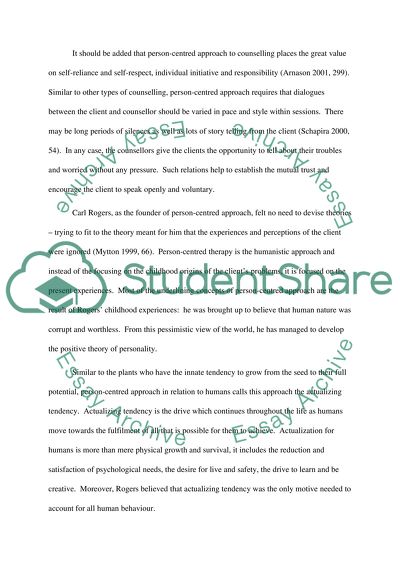Cite this document
(“Person-centred counselling Essay Example | Topics and Well Written Essays - 1250 words”, n.d.)
Retrieved from https://studentshare.org/law/1531906-person-centred-counselling-essay
Retrieved from https://studentshare.org/law/1531906-person-centred-counselling-essay
(Person-Centred Counselling Essay Example | Topics and Well Written Essays - 1250 Words)
https://studentshare.org/law/1531906-person-centred-counselling-essay.
https://studentshare.org/law/1531906-person-centred-counselling-essay.
“Person-Centred Counselling Essay Example | Topics and Well Written Essays - 1250 Words”, n.d. https://studentshare.org/law/1531906-person-centred-counselling-essay.


